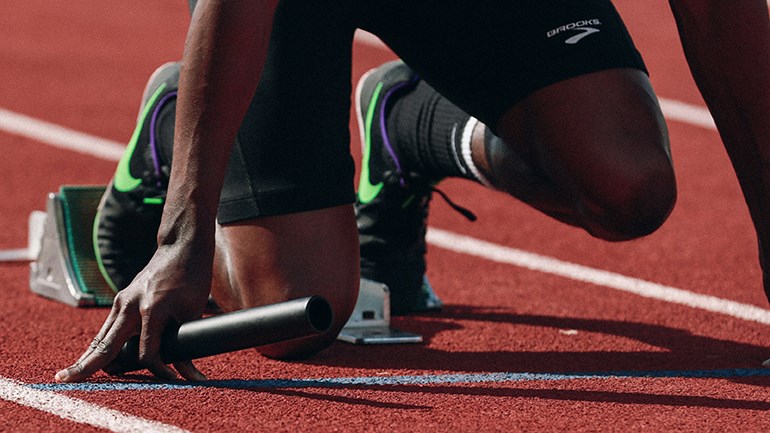Sport organisations must get better at engaging with parenting issues

“We need an open dialogue between sports organisations and athletes, where parenting is a priority,” says Anna-Maria Hellborg.
Equal conditions for parental leave are an important step towards a fairer world in regard to sport. This is the view of Anna-Maria Hellborg, whose research shows major differences in how women and men balance family life and elite sporting careers. “We need an open dialogue between sports organisations and athletes, where parenting is a priority,” she says.
"I have carried out three different studies, including one where I looked at how the media writes about parenting in relation to elite sport. Stereotypes still rule – women are portrayed as the primary parents, while men's involvement with children is often seen as secondary," says Hellborg, who has been researching parenting and elite sport since 2021.
Hellborg goes on to explain that athletes' ability to be present parents is often influenced by financial resources and support from those around them.
“For many women, it is about whether to pay for a babysitter or rely on parents or in-laws,” says Hellborg.
As for how organisations and clubs have reacted to the research findings she has presented so far, she welcomes further dialogue:
There have not been any direct discussions yet, but I hope this will happen in the future. Asking athletes about their family situation and offering help, such as childcare during training camps, should be a matter of course. Women often express that they should demand this, while men are more accepting that it is their own responsibility
Anna-Maria Hellborg
This is where Hellborg believes that communication is lacking – not least in terms of contracts and what applies in practice, but it is also a question of gender equality.
“There are guidelines from, for example, UEFA and FIFA for women's parenting, but nothing corresponding for men who want to take parental leave. Sport is still conservative when it comes to men's role in the family. There are no role models, and it is not talked about," Hellborg explains.
The hope is that the research will help bring about change, but this requires the will of the various sports movements.
“I hope that the results can be used to develop guidelines within associations and clubs. What do athletes need to think about? How can sponsors and organisations support? It's not always about money – a positive and understanding attitude can go a long way. It's a gender issue, and when it comes to men's parenting, there's not much talk about it. It's high time we started talking about it more.”
English text by Wilma Haneke Brodd